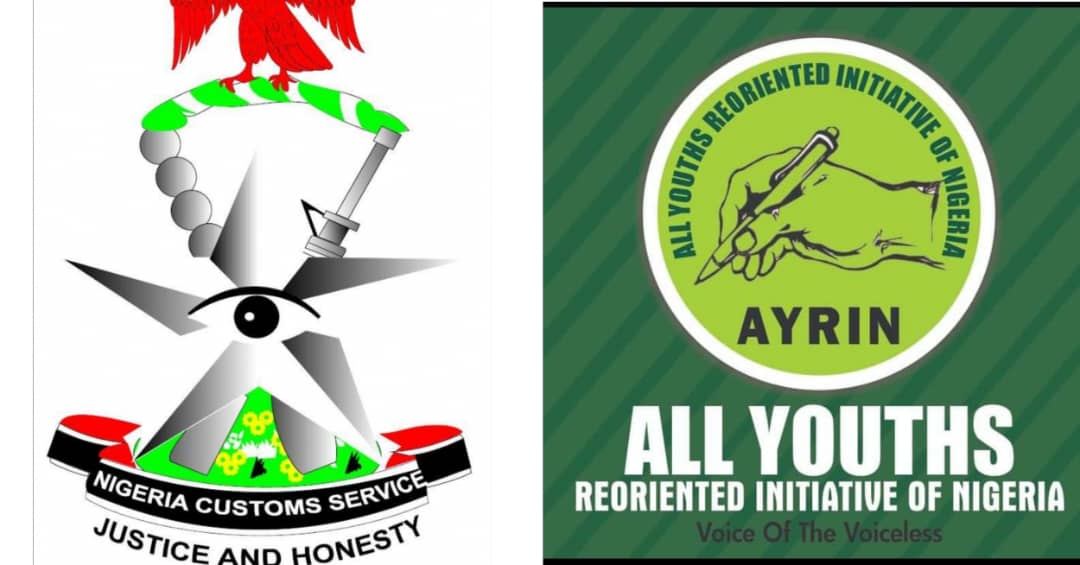
Lightning Kills Three Students In Anambra
Tragedy struck a secondary school in Awka South local council area where lightning killed three students on the spot,leaving six others hospitalised. The tragedy occured at Tansi International College Okpuno, on Saturday










